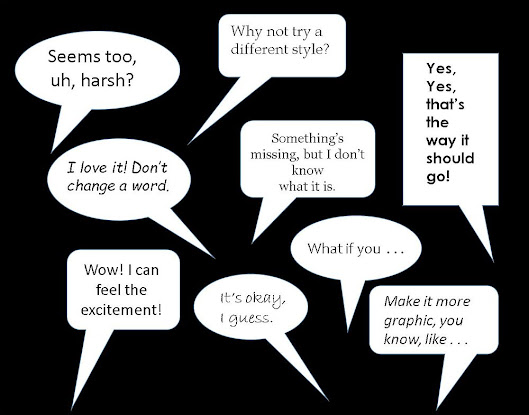That’s what I’d been for most of my life in the corporate world. Barring any snags beyond my control, I finished every chore on time and produced all I could in 24 hours. I was hardly ever late to any appointment, too.
Every moment had to be productive. When a task was on a slump, I'd start a new one. Doing many things all at the same time—that’s where you’d find me.
On the plane home from a meeting abroad, I’d already be writing my “thank-you” notes while every passenger would be asleep. Back in the office, I’d immediately shoot out those notes.
Are you panting yet?
“Chronos perspective,” that’s how our pastor called my clock-watching behavior. I thought of one day as 24 hours. My small white board had a to-do list with corresponding deadlines.
My thoughts ran parallel with what I read in Scripture, “We should number our days.” Our time on earth is so brief, I wanted to be a good steward of every second of time.
“On the other hand, this contradicts what Paul is saying in Ephesians 5,” our pastor added. Paul instructs us to redeem the “Kairos perspective,” which is to seize opportune moments.
My clock watching habit came to a head one day. I was furiously trying to beat a deadline when I got a desperate call from a friend about ready to give up on life. Would I miss my deadline for her?
Difficult question for a clock watcher.
But Kairos took over: time is an opportunity marching in, not a clock ticking minutes away.
The three hours spent with my despondent friend—and missing a deadline—was more valuable than the three hours I'd have spent finishing a task. After our talk, she resolved to move on.
Time stewardship, I have learned from that experience, is not packing as much as I can into 24 hours. Rather, it is being alert, like a hawk, on the lookout for the slightest hint of an opportunity to share the glory of God’s grace.
Note to moi: A true steward of time organizes a schedule with moments open to seizing Kairos moments.
















